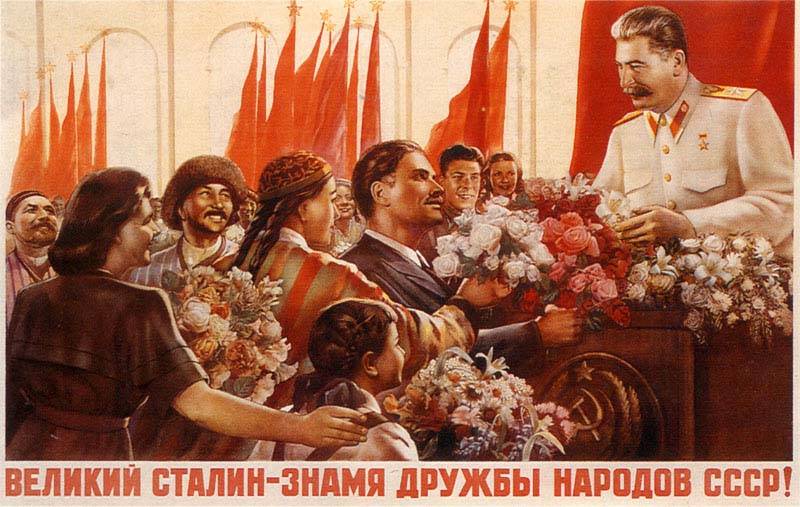
You might as well just have a cult movement, or a religion. Those are other great ways of getting people to speak with one voice (to the of detriment of individual voices) and to think with one mind (to the detriment of thinking).
Parties exist for the purpose of winning elections. They’re damned good at it. But they’d be happier if they didn’t have any competition.
There was a time, before radio, when people aligned with parties because they had no way of efficiently gathering information about individual candidates. That time is decades past. But people still vote for parties, often because they haven’t availed themselves of information about individual candidates. But sometimes, people don’t vote for well-matched individuals because they think only Democrats and Republicans can win elections. I didn’t vote for John Hagelin for this reason. And karma came back and stung me for it.
As one WUNA member told me: I think a lot of folks were frightened of the Republican. But you got the attention of a lot of people, and I would like to see you carry on your fight (with the support of WUNA) to have the city prosecute nuisance ordinances more vigorously. It was a pleasure meeting you and feeling such a responsive chord!
This is an extremely kind way of saying “we voted for the Democrat.”
In the 2009 Urbana mayoral campaign, I don’t think there’s any issue I identified/spoke of which could be identified as a “Democrat” issue or a “Republican” issue. So when I was attacked (which took place only online, as far as I know), it was from a partisan source. By that, I mean they attacked me only because I wasn’t one of them, not for any substantive reason.
There are some people who disagreed with me about whether Urbana should have a non-political government, headed by a city manager-type executive officer. (It should, but that’s just what the ordinance says — pay no attention to that.) Some people disagreed that nuisance ordinances should be enforced. (Some people have a theoretical disagreement with laws governing behavior, and some people just don’t like to behave.)
But it was obvious when people were just fighting because they’re partisans. Partisans are the worst. They tear down. They don’t necessarily have viewpoints of their own.
I thought the voters of Urbana might like a chance to vote for something other than party politics. Maybe it was naïve. But how would one know until one tried?
Well, it turns out that Urbana is very, very solidly a Party town. I discovered that people don’t want to know where I stand on any particular issues. They don’t even care where I stand on the political spectrum. They just want to know which flag I’m waving.

THE CRUSHING HAND OF PARTISAN POLITICS
A lot of people voted ticket in this election. Not ideas. Not personalities. I state this because I stood on their stoops.
On the last weekend, the precinct committeemen were out in force. I stood on one stoop with Steve Summers. Then we walked along the block together, chatting about various things. Of a months-long election season, it was the third and final episode featuring Steve and me traversing a street together.
I was standing on a different stoop with a supporter when Alderman Charlie Smyth, another precinct committeeman, approached. He said, “This is Rob McColley. He’s the nuisance candidate.”
Generally, I think it’s better if I present my own platform. That goes for other candidates, too. For example, I didn’t respond by saying, “This is Charlie Smyth, the bike lanes alderman.” Charlie may have heard the woman say that she was going to vote for me. Sometimes he’s better at talking than listening. After her lips stopped moving, he plowed ahead. “The current city council works very well together” which tendency he then contrasted with past councils, which failed to share a common groupthink.
He’s right: dissenting opinions get in the way. How awful would it be for the Urbana City Council to have different opinions among the membership. Egads.
Groupthink’s cognitive dysfunction manifested itself in whatever way necessary for the individual to deceive himself that The Party is paramount. One woman asked how many budgets I’ve prepared in my life. (This was a theme among the inner circle, strongly pushed by the Prussing campaign.) “How will the other candidates prepare a budget, huh? When did any of you ever prepare a budget, huh?”
Well, yes that would be an excellent defining characteristic for the Prussing campaign, if Urbana’s city code did not direct responsibility for budgeting to the (non-political) administrative officer.
This woman’s family had been largely lost in the Holocaust. Yet the idea of a political party taking control of all aspects of government did not give her pause. (The encounter took place before the Democrats ballot fix-it job, which troubled very, very few of the Democrats I met.) Having retained some sense of decency, I did not draw her attention to the irony.
A few blocks away I got exactly they opposite reaction from a pair of Russian immigrants, also Democrats. They got it immediately. I’d hardly finished enunciating the word “ideology” before he was thrusting one of my signs in their yard.
ENDGAME
Things were going well heading into the final week of a campaign in which I got the shit beat out of me. The voters were responsive, I was enjoying myself.
After a couple of months on the doorsteps of Urbana, I had become a seasoned campaigner. There’s no trick to it. No sleight-of-hand, either.
It’s just a matter of being comfortable approaching complete strangers in their homes. At first, I thought it might be awkward. But because I approached only people who regularly show up at the polls, it was easy. They were expecting me.
In the last week of the campaign, I found a new response on the doorsteps of Democrats. “Nader” appeared in the conversation. I emailed Durl to warn him. But it was too late. He lost the voters on the left. I lost the voters at the center. The party kept its people in line.
There’s great irony in the Prussing campaign’s last minute Naderization fear-tactic. Some people remember Laurel Prussing siphoning off Mike Kelleher votes a decade ago and campaigning for the actual Ralph Nader in 2000.
That extra-party deviation came after the Prussing campaign’s major attempt at persuasive misinformation failed to reach the Democrats. She lost in the primary.
This time, the message worked. The idea, successfully conveyed to the dissatisfied Democrats of Urbana, was that a vote for Durl Kruse or Rob McColley was a vote for The Republican. The campaign minions may have said “Rex Bradfield,” but I doubt it. The spectre of a Republican is much more chilling.
That reminds me of the Democrats who slammed the door in my face. I wonder which ones are excited about their new pro-life, anti-gay, God-loving southern conservative party chief. I suspect they don’t think about it much. He must be okay, they think. He’s a Democrat.
No Republicans slammed the door on me, by the way. They were almost uniformly nice, probably because they had nothing to lose.
That’s the galling aspect of this election. It came down to party, and that’s it. The Democrats of Urbana are not wild about LP. In most cases, it wasn’t RB they were voting against. It was W.
Author’s note: In preparation for these articles, I emailed both Durl Kruse and Rex Bradfield, stating, “I’ll be writing a commentary (for Smile Politely) about the election, and how the people of Urbana voted for D not for LP or any set of ideas. I invite your comments.” They responded.
Durl: I’d enjoy reading and responding to your commentary also. I’m sure it will be insightful.
Rex: Are we allowed to use 4-letter words?








